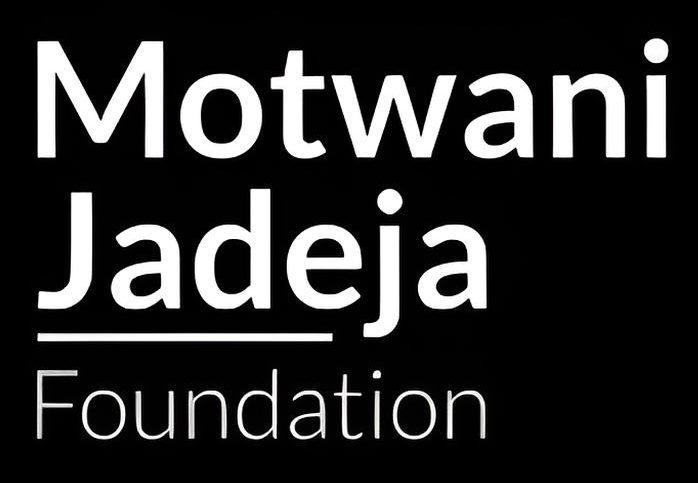One can find inspiration for pursuing science in something as simple as a museum trip or meeting someone motivational. During my sophomore year of high school, I found inspiration in a speaker in my AP chemistry class who was conducting groundbreaking research in lung cancer. I emailed her the following year, asking if I could work in her lab, and – to my surprise – she responded within 24 hours with a “Yes!”

The summer of my junior year I was a research assistant in a lab for Dr. Ite A. Laird-Offringa, an associate professor of surgery, biochemistry and molecular biology, at the University of Southern California. I was shocked to see how different conducting research fared in comparison to my coursework in my high school science classes. Prior to doing research, I was certain I wanted to become a doctor. However, after two summers in Dr. Laird-Offringa’s lab I was not one hundred percent sure anymore. Never before had I questioned my desire to become a physician. Did I want to be part of a research team that led to medical breakthroughs? Or, did I want to interact with patients?
During my first year at Scripps College, I thought I had developed the perfect solution: pursue a MD-Ph.D. I quickly approached professors about working in their labs and found a place in professor Irene Tang’s molecular biology lab. Immediately, I was assigned several projects. At first, I was intimidated by senior members of the lab and uncertain if I could live up to professor Tang’s expectations. However, I found refuge in several members of the lab who became my mentors and close friends. They pushed me to work hard in the lab and eased my qualms about pursuing a MD or a Ph.D.
I applied to a hospital internship during my second year at Scripps. During my first shift at the hospital I was already bathing patients, assisting nurses with blood draws, and feeding patients too weak to feed themselves. I quickly realized that although I love research, interacting with patients is my true passion. I continued to work shifts, showing up early, and staying long past my designated shift times.
My experience at the hospital demonstrated to me the importance of teamwork within the medical field. Even as a volunteer, I was able help people in such a profound way—working with doctors, nurses, physician assistants and other volunteers to ensure patient care. This made me realize that I want to be the kind of doctor who values what each individual offers as we all tend to a patient’s needs. I want to support and believe in other people in science just as so many other people have believed in me. That belief has made all the difference in the world.




























